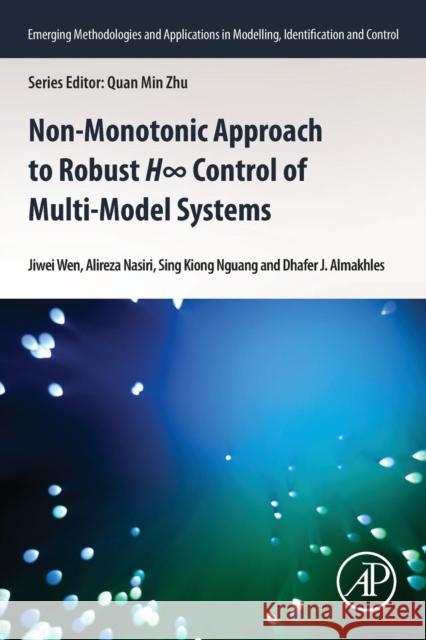Non-Monotonic Approach to Robust H∞ Control of Multi-Model Systems » książka
topmenu
Non-Monotonic Approach to Robust H∞ Control of Multi-Model Systems
ISBN-13: 9780128148686 / Angielski / Miękka / 2019 / 222 str.
Kategorie:
Kategorie BISAC:
Wydawca:
Academic Press
Seria wydawnicza:
Język:
Angielski
ISBN-13:
9780128148686
Rok wydania:
2019
Numer serii:
000826646
Ilość stron:
222
Waga:
0.30 kg
Wymiary:
22.86 x 15.24 x 1.19
Oprawa:
Miękka
Wolumenów:
01
Dodatkowe informacje:
Bibliografia











